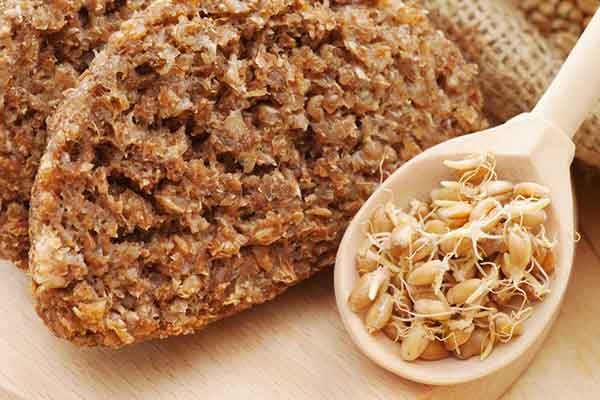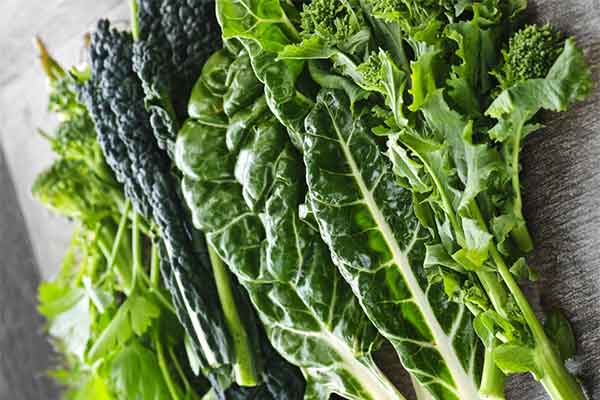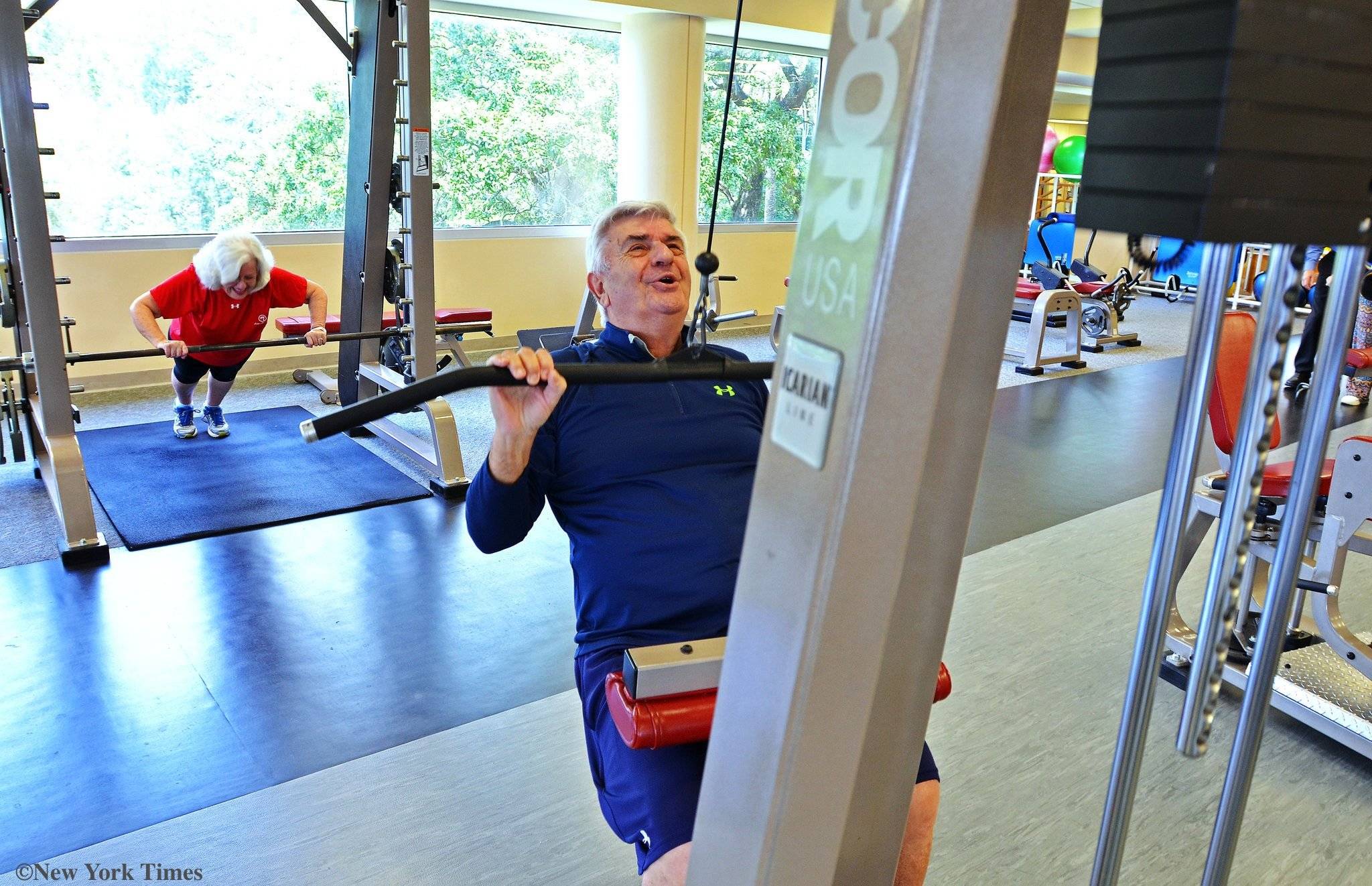The Truth About Superfoods
The term “superfood” has taken on a life of its own.
Superfoods are commonly defined as “a nutrient-rich food considered to be especially beneficial for health and well-being.” They consist primarily of dark green leafy vegetables, berries, fish, nuts, healthy oils (e.g. olive oil or avocado oil), and a few other nutrient power-houses.
What is a Superfood?
There is an alternate definition, however, that you should be aware of. “Superfood is a marketing term for food assumed to confer health benefits resulting from an exceptional nutrient density.” There are a couple of critical words in that definition; “marketing term” and “assumed”.
Harvard Medical school points out, in the first line of their article on superfoods, “No single food — not even a superfood — can offer all the nutrition, health benefits, and energy we need to nourish ourselves”. The idea that the term superfood is being used as a trendy marketing tool gives us cause for concern—not with the superfoods themselves, but with our understanding and knowledge of how to include superfoods into our diet. We want to avoid the belief that one food provides a healthy diet, prevents illness, and elongates your life.
For example, take the company Laird Superfood. The company was founded by surf legend Laird Hamilton on the principle that if he added some superfood nutrients to his coffee, his day would be off to an optimal start. Although this may increase the nutritional value of your coffee, it by no means replaces a proper, wholesome breakfast, as it’s advertised. It’s this type of thinking we want to prevent. In reality, breakfast is the most critical meal of the day. Eating a balanced, whole-food breakfast will help balance your hormones and has been proven to increase anabolic metabolism by 15%. It should be so much more than just a cup of coffee supplemented with a few nutrients.
Superfoods can certainly be nutritious, but the term can often be more useful for driving sales than providing optimal nutrition recommendations
When food is given superfood status, it causes people to fixate on a few specific foods. Thus limiting them from eating other equally nutritious options that aren’t as hyped. Variety in your diet is important not only to gain the benefit of eating a wide array of essential vitamins and minerals but also to prevent one from eating too much (or too little) of a particular nutrient. It also keeps your meals interesting and flavorful!
Eat Super-plates, not just Superfoods
All whole, unprocessed foods are super in different ways! The more diversity of whole foods you consume, the more varied your nutrient profile will be. Increased varieties of nutrients in your diet offers more protection against disease and illness. Instead of focusing on just one superfood, we suggest thinking about creating Superplates by incorporating a wide variety of whole foods.
The healthiest diets of the world are all different and include a wide variety of foods that offer diverse nutrient profiles. When studying cultural diets across the globe, you’ll see that there’s no one perfect diet. Each diet offers different food grown in those specific regions. In other words, you don’t need the Himalayan goji berry in your diet to achieve your best health. Goji berries are called a superfood because they contain chemical compounds called phytochemicals that are produced by plants. You can find similar health benefits in everyday fruits and veggies, like organic rainbow carrots, fresh leafy green vegetables, and even cauliflower and broccoli.
A delicious blueberry is another great example of a holy grail superfood that ranks high on superfood lists. For good reason, yes! Purple and dark red colored foods are the signatures of a special class of natural antioxidants called anthocyanins. Antioxidants are extremely important, as they reduce inflammation, and help to remove harmful substances from the body. However, blueberries aren’t the only food with this color. You’ll also find anthocyanins in red cabbage, red onion, purple carrots, and beautiful beets.
Balanced plates lead to balanced health
Over two decades of helping people reset their health and find a sustainable lifestyle, we have found that in order to reach our most optimal health it’s best to have a balance of fitness, nutrition, sleep, stress management, and detoxification. Someone who is fit and able to run a marathon, but only sleeps 4 hours a night, is not healthy. Someone who eats properly, but sits all day, is not healthy. So too goes this principle of balance for nutrition and superfoods—we cannot just eat one superfood and be healthy. We must eat a balanced super-plate, with a variety of whole foods for a sustainable diet that provides tons of energy, nutrients, and antioxidants. A diet that will leave YOU feeling SUPER.
What is Mountain Trek?
Mountain Trek is the health reset you’ve been looking for. Our award-winning health retreat, immersed in the lush nature of British Columbia, will help you detox, unplug, recharge, and roll back years of stress and unhealthy habits. To learn more about the retreat, and how we can help you reset your health, please email us at info@mountaintrek.com or reach out below:









